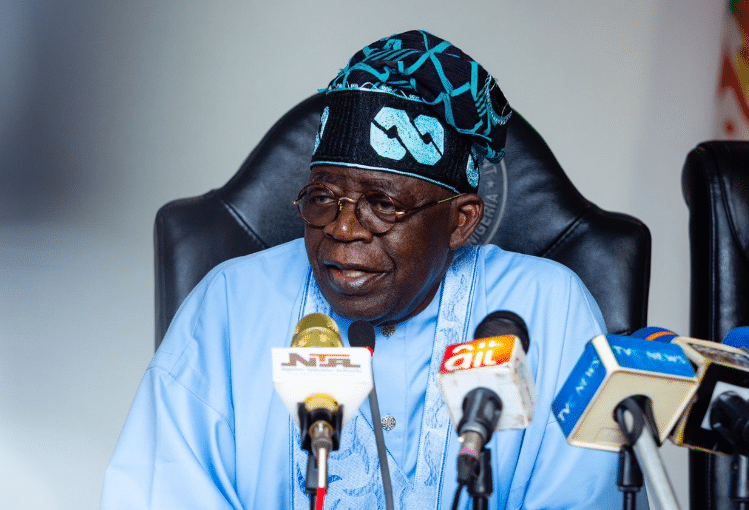The Socio-Economic Rights and Accountability Project (SERAP) has called on President Bola Tinubu to mandate the Minister of Finance and Coordinating Minister of the Economy, Olawale Edun, alongside the Accountant-General of the Federation, Oluwatoyin Sakirat Madein, to reveal the names of companies and contractors who received over N167 billion from 31 ministries, departments, and agencies (MDAs) without executing any projects.
In a letter dated November 30, 2024, and signed by SERAP Deputy Director Kolawole Oluwadare, the organization demanded transparency regarding the specific contractors, the projects involved, their locations, and the amounts disbursed.
SERAP emphasized that this disclosure should include the identities of shareholders or individuals with ownership stakes in the implicated companies.
Citing the 2021 audited report by the Office of the Auditor-General of the Federation, SERAP urged the government to prosecute those responsible for misappropriating the funds and ensure the recovery of the N167 billion for reinvestment into public projects.
The Nigerian Bulk Electricity Trading Plc. (NBET) was highlighted as a key contributor to this financial scandal, reportedly paying N100 billion for unexecuted contracts.
SERAP’s letter stressed the importance of publishing these names to deter future misconduct and uphold transparency in public fund management.
It also accused intermediaries within MDAs of enabling these alleged acts of corruption, further undermining public trust and socio-economic development.
The organization warned that failure to act within seven days would compel them to pursue legal measures to enforce accountability.
SERAP emphasized the broader implications of corruption, including growing inequality, poverty, and inadequate access to essential public services.
They argued that corruption, if left unchecked, would continue to hinder Nigeria’s progress and deepen the divide between privileged elites and the wider population.
SERAP also reminded the government of its constitutional obligations, anti-corruption laws, and international commitments under the UN Convention against Corruption.
They called for a transparent framework to ensure public resources are used effectively, urging the Tinubu administration to prioritize accountability and restore public confidence in governance.


